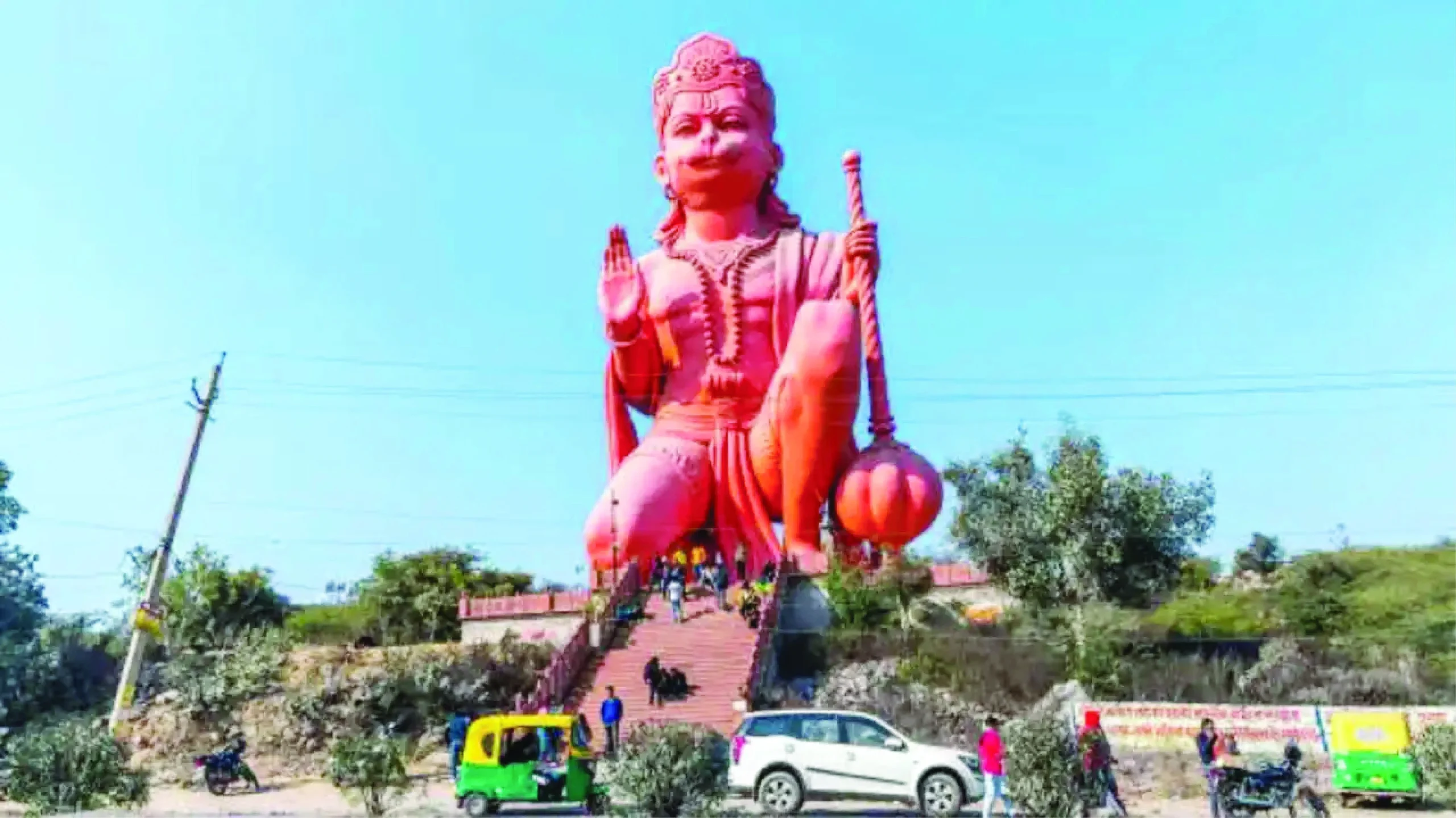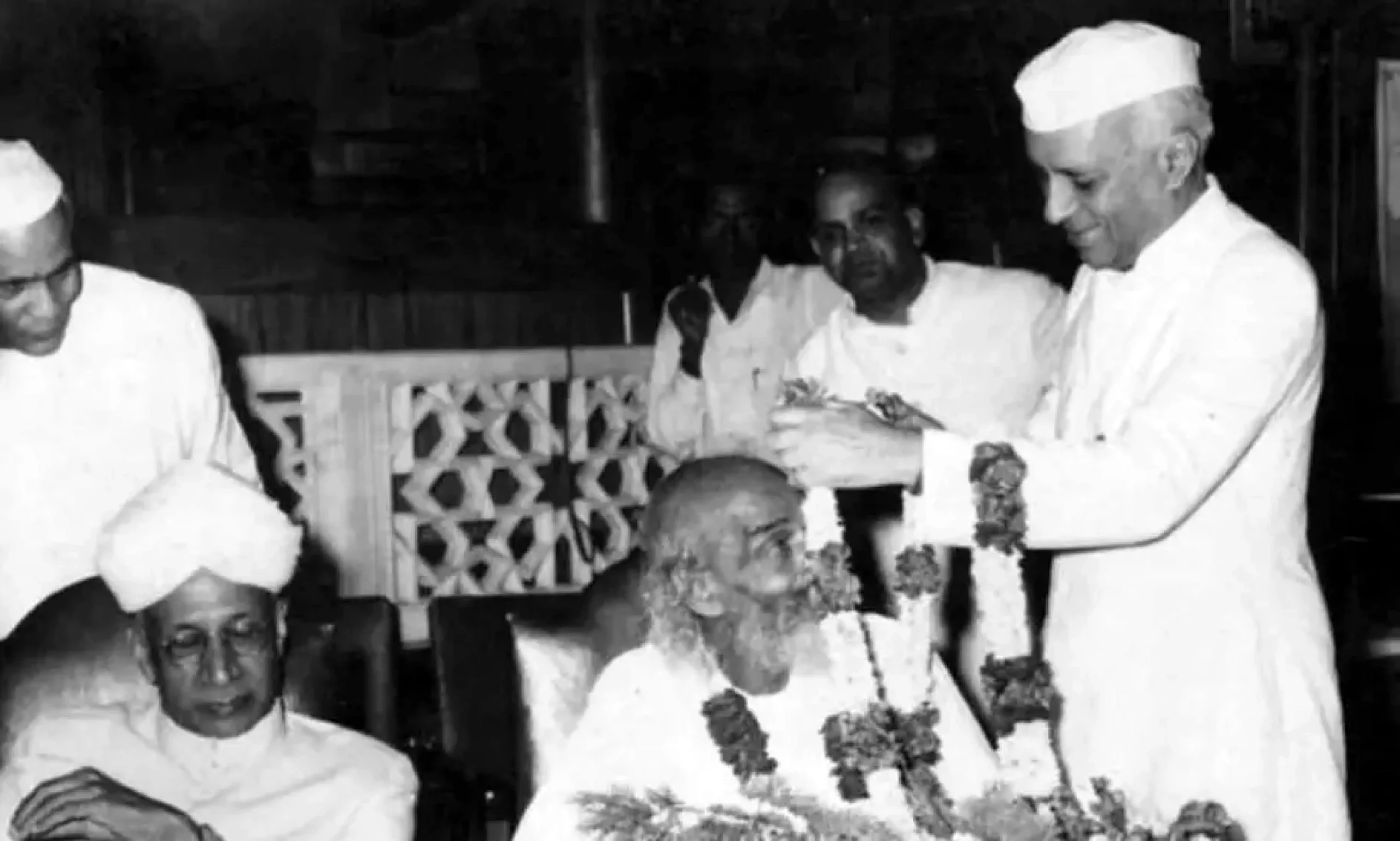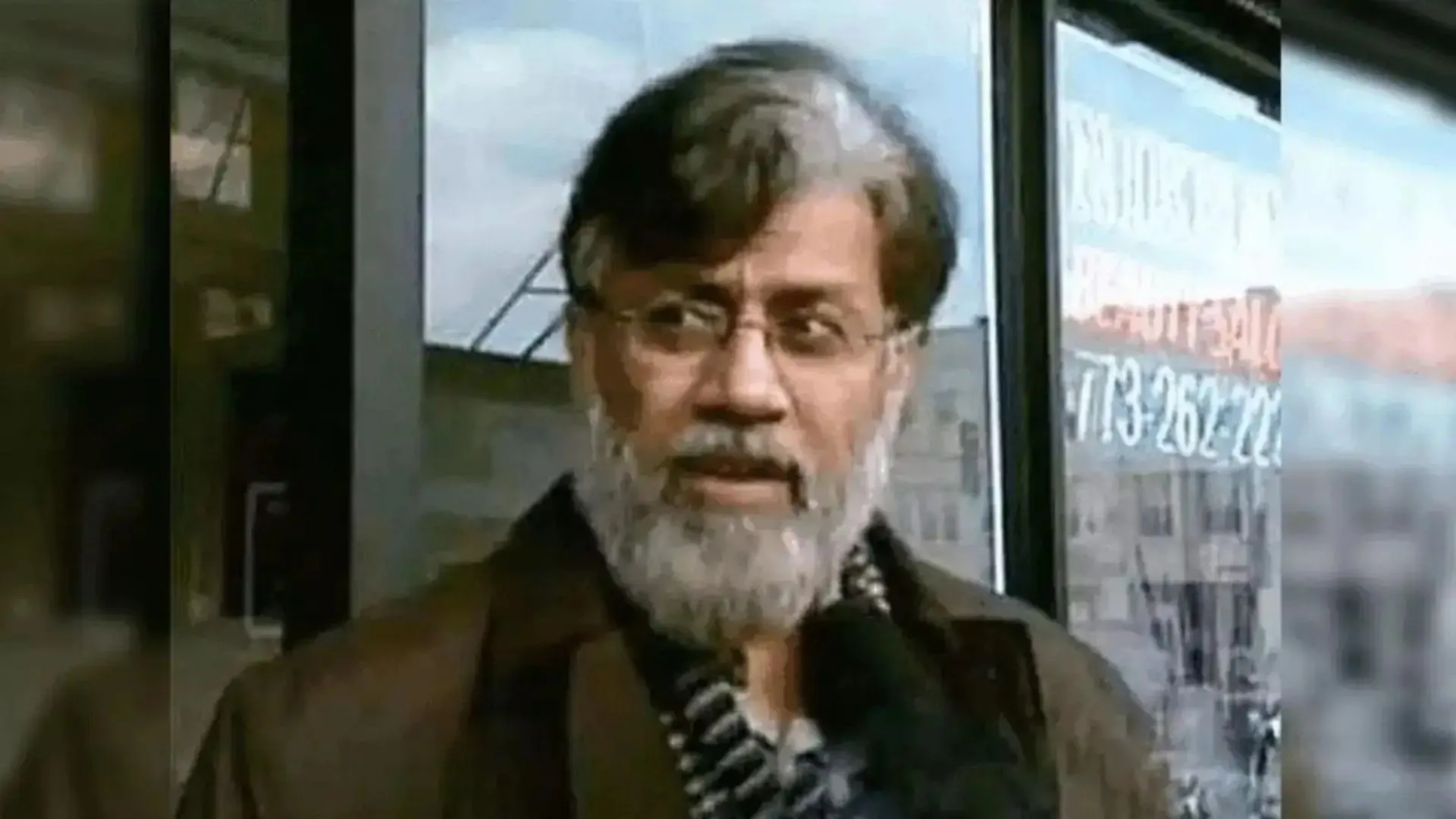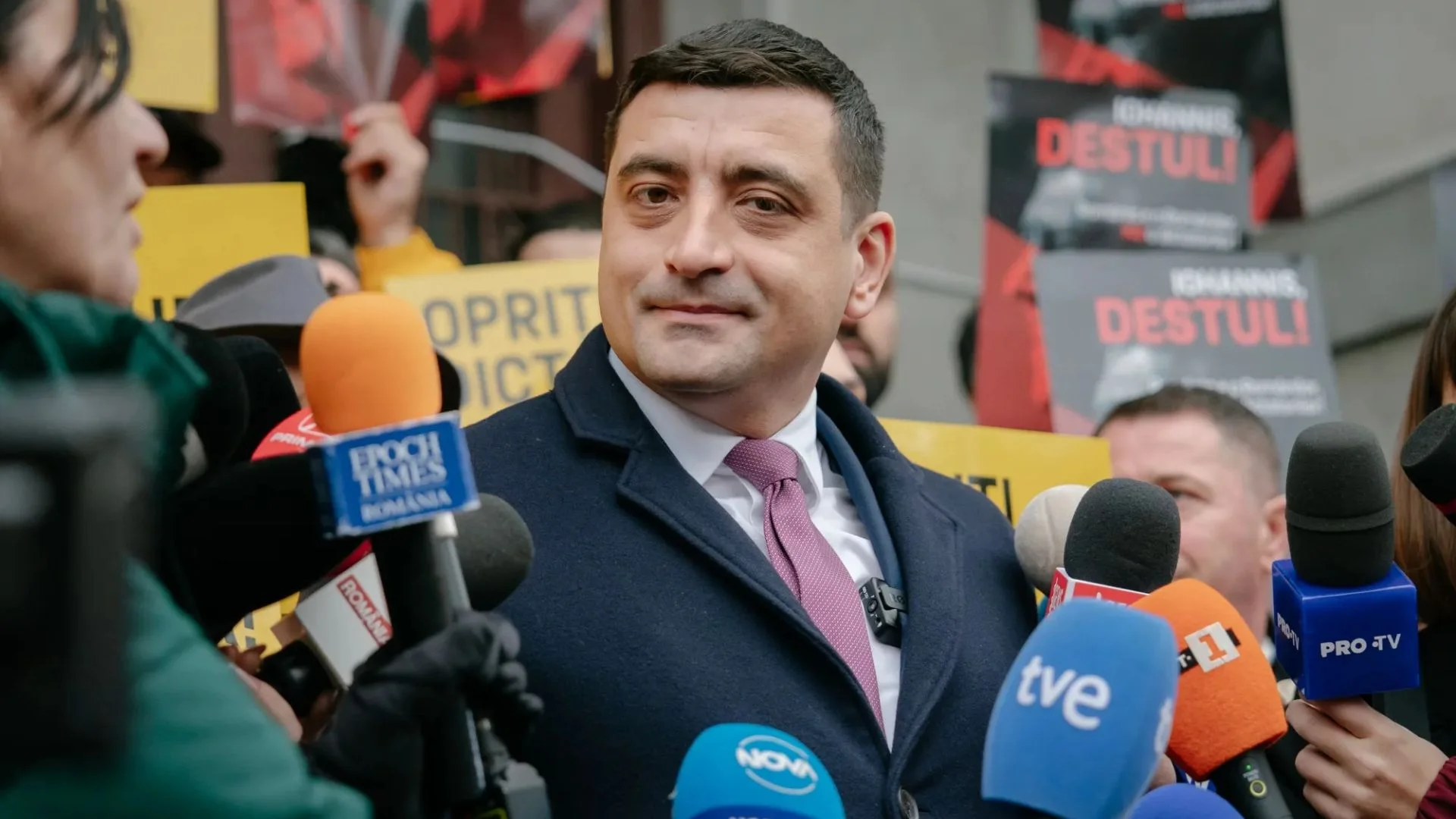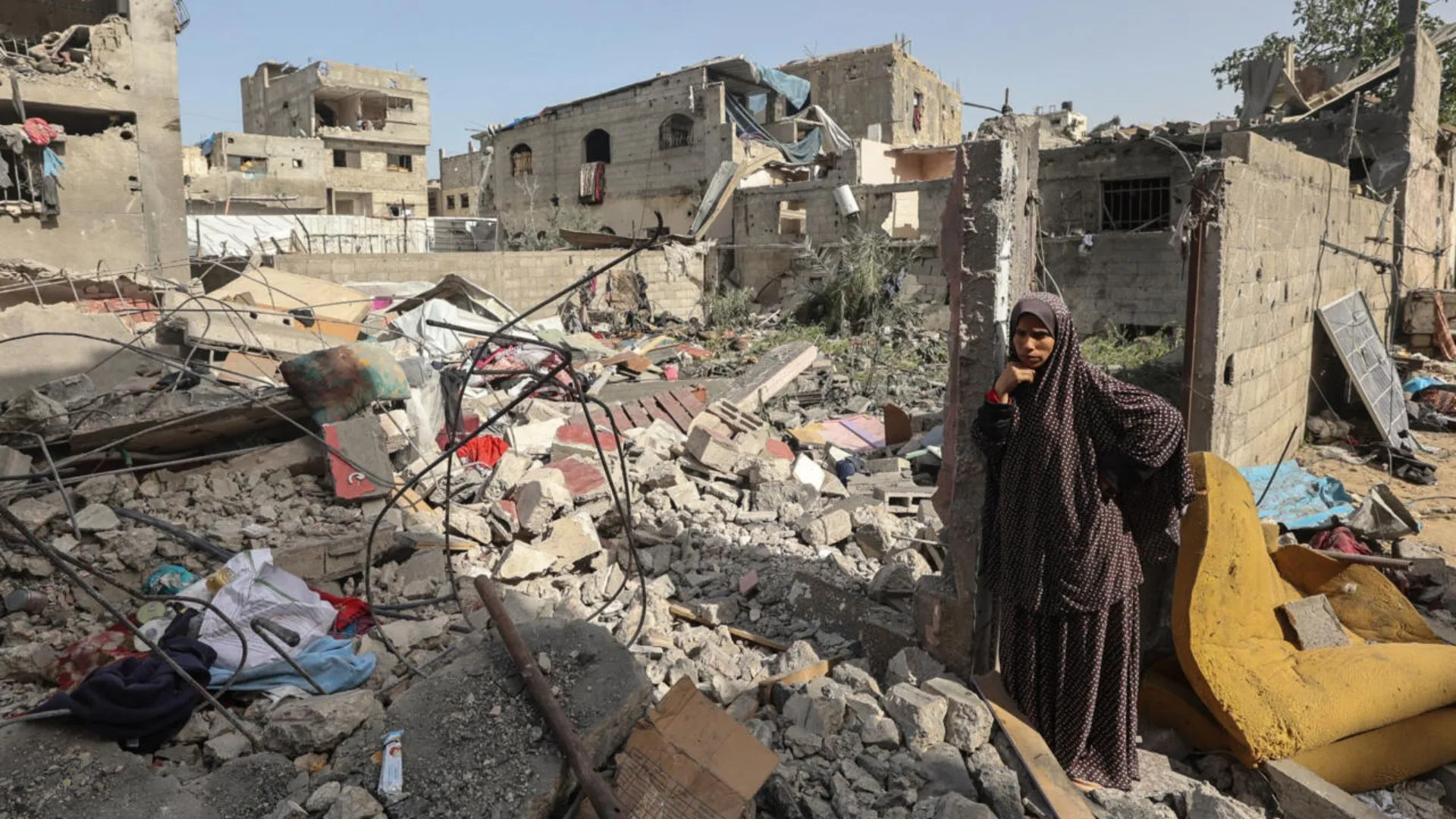India’s permanent representative at United Nations, Ruchira Khamboj, has raised an alarm about the situation of terrorism across the world. Post 9/11, the world is more serious about terrorism than before.
Though India raised the issue several times at different platforms prior to 9/11, no one paid attention to India’s concerns during the drafting of the Rome Statute that established the International Criminal Court. India also drafted a comprehensive treaty to combat terrorism in 1995, but due to lack of support, the treaty never saw the light of the day. Last month, Ruchira Khamboj was speaking at the United Nations Office of Counter-Terrorism, raised alarm on categorising terrorism on the basis of motivations.
India said that this categorisation is “dangerous” and asserted that all kinds of terror attacks, whether motivated by Islamophobia, anti-Sikh, anti-Buddhist, or anti-Hindu prejudices, are condemnable. “The tendency of categorisation of terrorism based on the motivations behind terrorist acts is dangerous and goes against the accepted principles that ‘terrorism in all its forms and manifestations should be condemned and there cannot be any justification for any act of terrorism, whatsoever. Ruchira Khamboj was speaking at the 8th review of the Global Counter-Terrorism Strategy.
There cannot be good or bad terrorism, every act of terrorism should be condemned with equal intention. This kind of approach may lead us to the situation prior to 9/11, where the state used the language of ‘your terrorist’ and ‘my terrorist’. This approach may shed water on all the achievements that are gained by the countries over the last two decades.
During this time, the world has seen significant progress in counter-terrorism actions. She further said, “Moreover, some of the terminologies such as right or right-wing extremism, or far-right or far-left extremism opens the gate for misuse of these terms by vested interests. We, therefore, need to be wary of providing a variety of classifications, which may militate against the concept of democracy itself”. Our neighbouring states always categorised terrorism as good and bad. They referred to ‘Taliban’ as good Taliban and bad Taliban. This raises certain pertinent questions surrounding what this terrorism is about, what does the UN Global Compact mean, the role of the UN, and the possible way forward.
In simple terms, the concept of terrorism is neither state specific nor an ideology and is a method through which the aim of inflicting violence is pursued to intimidate or terrorise the people on whom harm has been inflicted to secure compliance from particular groups that are mostly political actors.
It is believed that the acts covered by the ambit of terrorism must be a set of identifiable activities whose repercussions go beyond the naturally arising consequences of other serious crimes which are dealt with under municipal criminal law. Ultimately as highlighted by Ruchira Khambhoj, till the time the shelters and sanctuaries are available in neighbouring countries any nation would find it difficult to deal with the terror threats. Since terrorist groups do not owe loyalty to any national flag, religion, or even ethnic communities, attributing the responsibility for the acts of terrorism has become next to impossible. All these gaps have reflected the absence of rules and declarations that could have been employed to curb terrorism.As a result, in an armed attack against a state which has suffered at the hands of terrorists who allegedly belong to a state against whom the force may be used but it cannot be justified under international law as no link has been established between the acts committed and the state responsibility for the same as propounded under the Draft Articles on State Responsibility.
.Historically, the United Nations Global Counter-Terrorism Coordination Compact was established and is the largest coordination framework across the three pillars of work of the United Nations: peace and security, sustainable development, human rights, and humanitarian affairs. It aims to strengthen a common UN action approach to support Member States, at their request, in the balanced implementation of the United Nations Global Counter-Terrorism Strategy and other relevant United Nations resolutions and mandates.
Coming to the role of the UN, it was the 9/11 incident that shook the conscience of the international community and in particular, the USA who initiated the UNSC to adopt certain resolutions being obligatory in nature upon member states. In this light, the UNSC adopted Resolutions 1267 and 1373 which form the bedrock of the fight against terrorism as a global effort. It consists of the smart sanction regime and blacklisting mechanisms for targeted individuals. The implementation of such measures to address security threats forms part of the measures under Chapter VII of the UN Charter that deals with Action with Respect to Threats to Peace, Breach of Peace, and Acts of Aggression. In simple terms, any individual who participates in the financing, planning, facilitating, preparing, or perpetrating of acts or acts, in conjunction with, under the name of, on behalf of, or in support of the Taliban, al-Qaida, and its leader is listed under the 1267 regime.
The purposes for which these measures are being utilized include identifying co-conspirators, facilitators, and supporters.
Going forward, from India’s perspective, the efforts towards eradicating terrorism taken up by the international community is integral given the deteriorating relationship with Pakistan as well as the changing geopolitical dynamics with the rise of China especially in its neighbouring countries like Sri Lanka and Bhutan

Abhinav Mehrotra is an Assistant Professor at O.P. Jindal Global University. His research interests include International law, Human rights law, UN studies, Refugee law, Child rights, and Transitional Justice, Dr. Biswanath Gupta is an Associate Professor at O.P. Jindal Global University. His research interests include International Law, Air and Space Law.


